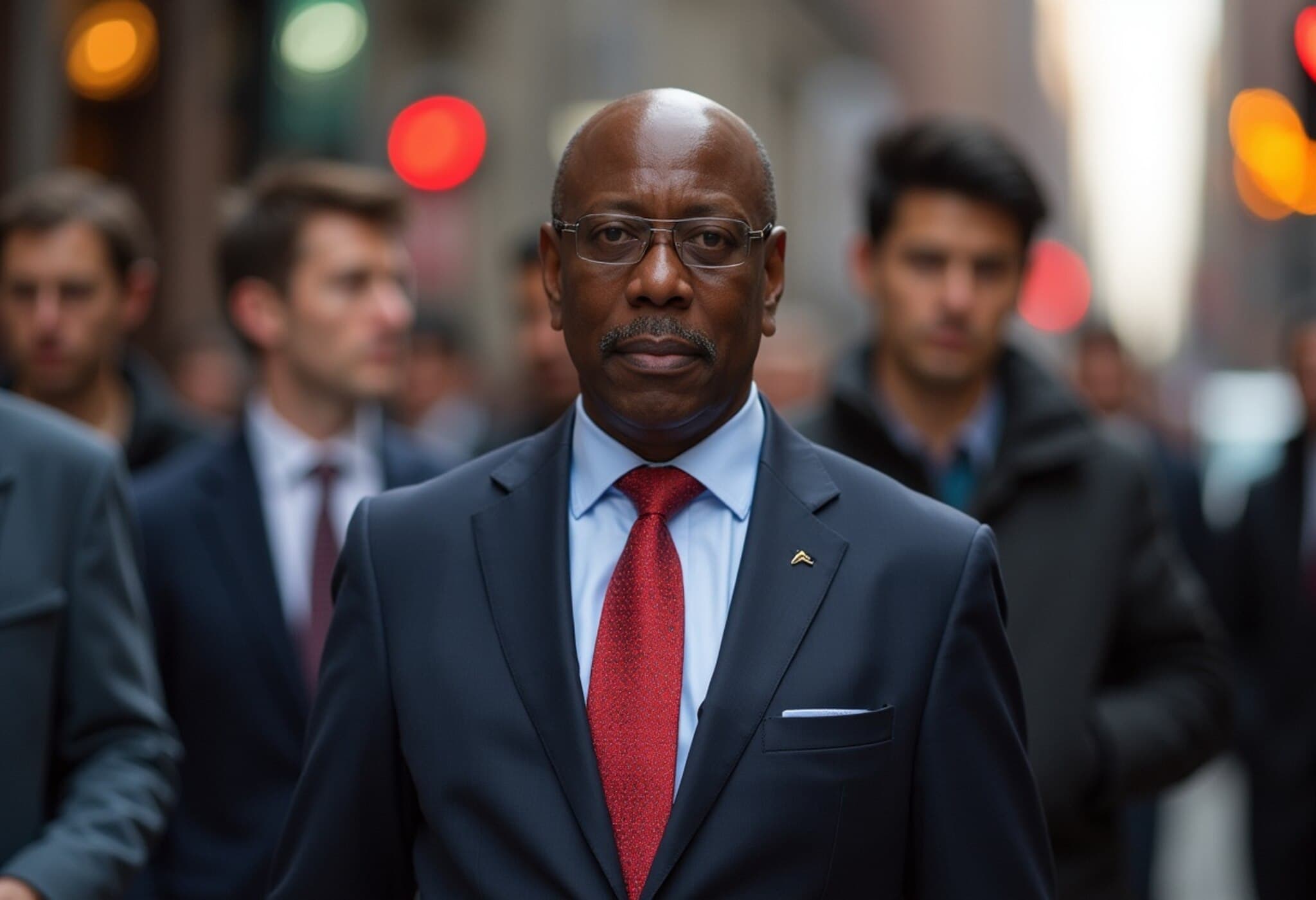New York City Mayor’s Adviser Resigns Over Cash-for-Campaign Allegations
In an unexpected twist during the opening of New York City Mayor Eric Adams’ campaign headquarters in Harlem, one of his advisers, Winnie Greco, found herself at the center of a controversy involving the exchange of cash that has raised eyebrows—and questions—about ethics in political campaigning.
The Incident: Cash in a Bag and Cultural Misunderstandings
During the event, Greco attempted to give a reporter from The City, Katie Honan, a bag filled with snacks. However, inside the bag, Honan discovered a red envelope containing a $100 bill along with several $20 bills. What might seem an innocent gesture to some quickly morphed into a public relations nightmare.
Greco’s lawyer, Steven Brill, defended the act by explaining that “in Chinese culture, money is often given to others as a gesture of friendship and gratitude.” He emphasized that Greco’s "intention was born purely out of kindness" rather than bribery or ulterior motives. Greco and Honan share an acquaintance, further supporting the claim that this was a personal, culturally informed gift rather than a quid pro quo.
Chain of Events and Public Reaction
- Following the campaign launch, Greco reached out via text to Honan, suggesting they meet inside a nearby Whole Foods store.
- Honan initially declined the snack but was persuaded to accept the bag.
- Upon discovering the cash, Honan promptly contacted Greco, stating she could not accept the money and planned to return it.
- Amid growing scrutiny, Greco apologized directly to The City, expressing remorse and highlighting her cultural misunderstanding, saying, "I try to be a good person. I’m so sorry. It’s a culture thing. I don’t know. I don’t understand. I’m so sorry. I feel so bad right now."
Political Fallout and Campaign Response
Wasting no time in damage control, Mayor Adams’ re-election campaign swiftly suspended Greco from her volunteer role. Campaign spokesperson Todd Shapiro stated, “We are shocked by these reports. Mayor Adams had no prior knowledge of this matter. He has always demanded the highest ethical and legal standards, and his sole focus remains on serving the people of New York City with integrity.”
Expert Insight: Cultural Nuances and Political Ethics
This incident shines a spotlight on the intersections between cultural customs and American political ethics. While the giving of red envelopes filled with money is a time-honored tradition in many East Asian communities symbolizing goodwill and prosperity, American campaign finance laws and public perception paint any unsolicited monetary exchange—especially involving political figures—in a suspicious light.
Experts in political ethics note that this case underscores the importance of cultural competency training within political campaigns, particularly in diverse cities like New York. Balancing respect for cultural practices while adhering to strict anti-corruption standards remains a delicate challenge.
Questions Raised for the Broader Political Landscape
- How can political campaigns ensure cultural gestures are not misinterpreted as ethical violations?
- What role do cultural misunderstandings play in fueling distrust in politics?
- Could enhanced cultural sensitivity reduce similar controversies without compromising legal standards?
Wrapping Up: Transparency, Accountability, and Cultural Awareness
This episode is a compelling reminder of how cultural traditions can clash with legal frameworks in political environments. While Greco’s intentions may have been rooted in friendship and gratitude, the optics and legal implications require rigorous scrutiny to uphold public trust.
As New Yorkers head to the polls, the incident invites voters to consider not just the policies but also the cultural awareness and ethical vigilance of those seeking their trust.
This case offers more than just political drama—it provides a lens into the complex relationship between cultural expression and the stringent ethical expectations of public service in America. Readers are encouraged to reflect on how cultural nuances should be navigated carefully in politics to maintain integrity while respecting diversity. The plus side: it may serve as a catalyst for better cultural training within political campaigns nationwide.











